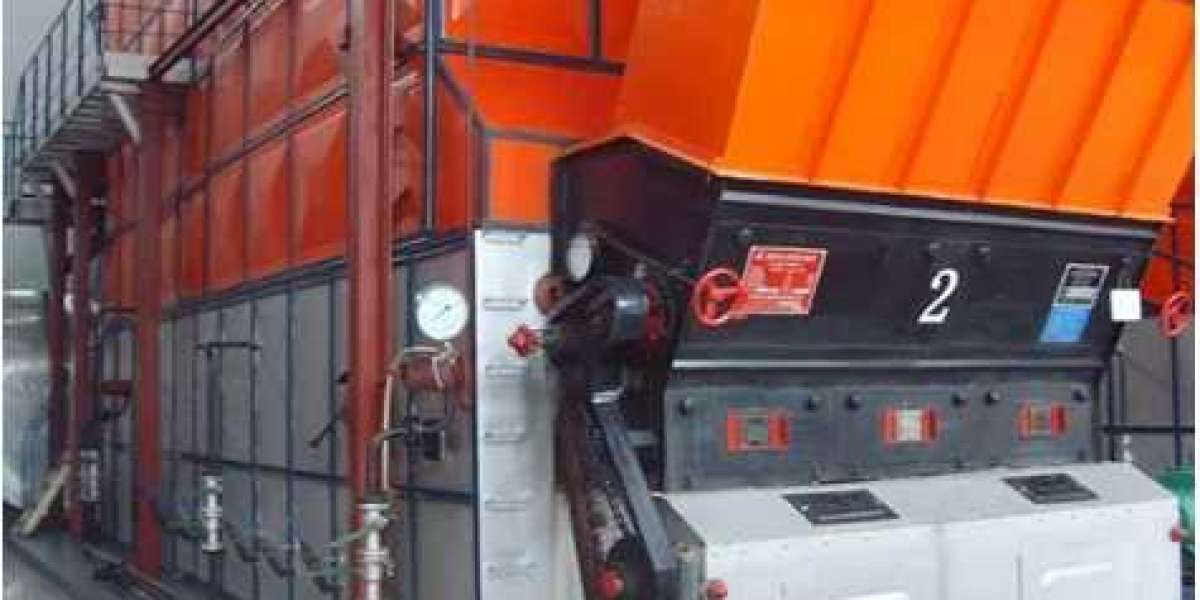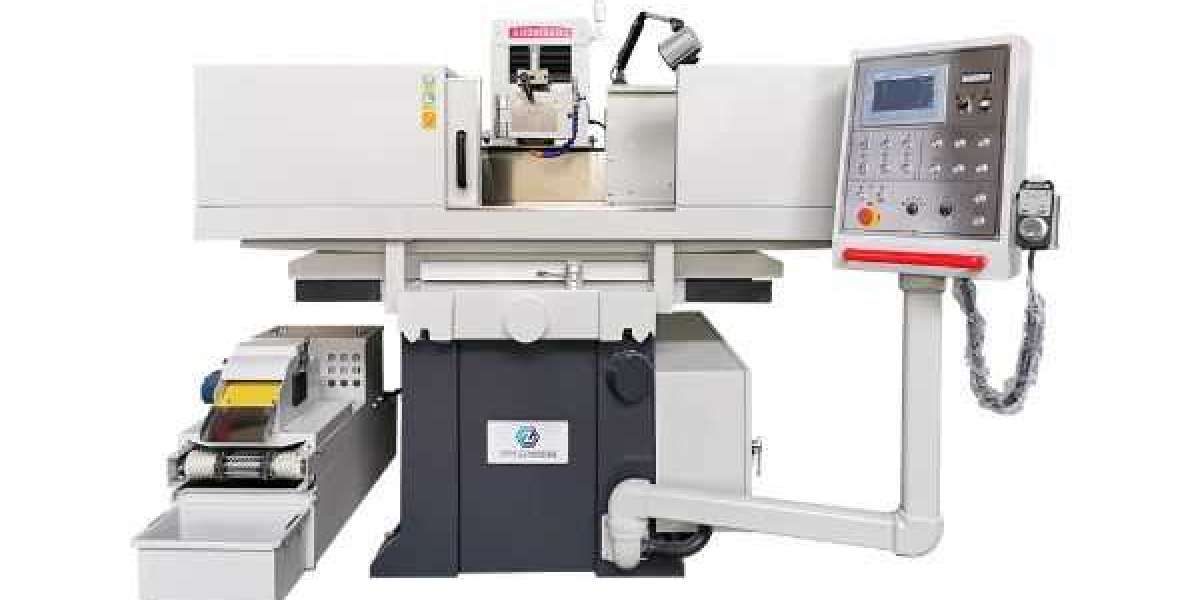Biomass boilers have become increasingly popular in recent years as a sustainable and renewable energy source. Biomass boilers use organic materials such as wood chips, pellets, and agricultural waste to generate heat and electricity, making them a renewable and carbon-neutral source of energy. In this article, we will explore the advantages of biomass boilers and how they can contribute to a more sustainable future.
How do Biomass Boilers Work?
Biomass boilers are a key component of sustainable energy systems, providing an efficient and eco-friendly way to generate heat and power. But have you ever wondered how these boilers actually work? Let's delve into the fascinating inner workings of biomass boilers.
At its core, a biomass boiler is designed to burn organic materials, such as wood pellets or agricultural waste, to produce heat. This heat can then be used for various purposes, including heating water or generating steam for industrial processes.
The process begins with the fuel being fed into the boiler's combustion chamber. Here, it comes into contact with oxygen and undergoes combustion – a chemical reaction that releases energy in the form of heat. The resulting hot gases then pass through a series of tubes or pipes within the boiler, transferring their thermal energy to water surrounding them.
As this water absorbs heat from the gases, it reaches high temperatures and becomes steam. The steam can then be harnessed for multiple applications – from powering turbines to generate electricity to heating homes and businesses via radiators or underfloor heating systems.
To ensure optimal efficiency and reduce harmful emissions, biomass boilers are equipped with advanced controls that regulate factors like air flow and fuel supply. These controls help maintain stable combustion conditions while minimizing environmental impact.
Biomass boilers harness the power of organic materials by burning them in controlled environments. Through this process, they convert biofuels into valuable thermal energy that can be utilized in numerous ways across various industries. So next time you see a biomass boiler in action, marvel at how it ingeniously transforms nature's offerings into sustainable power!
Benefits of Biomass Boilers for Sustainable Energy
Biomass boilers offer a wide range of benefits when it comes to sustainable energy. One of the biggest advantages is their ability to utilize renewable resources such as wood pellets, agricultural waste, and other organic materials. By using these biomass fuels, we can reduce our reliance on fossil fuels and contribute to a greener future.
Another benefit of biomass boilers is their efficiency in converting fuel into heat. These boilers are designed with advanced technology that maximizes energy output while minimizing emissions. This means that not only are they environmentally friendly, but they are also cost-effective for homeowners and businesses alike.
In addition to being efficient, biomass boilers can also provide significant savings on heating costs. Biomass fuels tend to be less expensive than traditional fossil fuels like oil or gas, making them a more affordable option for those looking to cut down on their energy expenses.
Furthermore, biomass boilers have a long lifespan compared to other heating systems. With proper maintenance and care, these systems can last for decades, providing reliable heat throughout the year.
By investing in biomass boilers for sustainable energy solutions, you may also be eligible for government incentives or grants aimed at promoting renewable technologies. These financial incentives can help offset the initial installation costs and make switching to biomass even more attractive.
The benefits of utilizing biomass boilers for sustainable energy cannot be overstated. From reduced environmental impact and lower heating costs to long-term durability and potential financial incentives – there are plenty of reasons why this technology should be considered as part of our efforts towards a cleaner future!

Type of biomass fuel used
Biomass boilers can burn a variety of fuel types. These boilers can use a variety of biomass materials, making them highly adaptable and suitable for different applications. Here are some common types of biomass fuel used in biomass boilers:
1. Wood pellets: Wood pellets are made from compacted sawdust and are one of the most commonly used biomass fuels. They have high energy density and low emissions, making them an environmentally friendly choice.
2. Wood chips: Wood chips are produced by chipping or shredding logs and branches and are another popular choice for biomass boilers. They provide efficient combustion and are readily available in many areas.
3. Agricultural residues: Biomass boilers can also use agricultural residues such as straw, corn stalks, and rice husks as fuel sources. By utilizing these waste materials instead of burning or disposing of them, we can reduce environmental pollution and dependence on fossil fuels.
4. Energy crops: Certain fast-growing plants, such as miscanthus or switchgrass, can be grown specifically for use as biomass fuel for boilers. These energy crops provide a sustainable alternative to traditional fossil fuels without having to compete with food crops for land resources.
5. Municipal Solid Waste (MSW): Biomass boilers equipped with advanced technology can even use municipal solid waste as a fuel source, providing solutions for efficient waste management while generating renewable heat and electricity.
By using a range of different biomass fuels, these boilers allow us to tap into a variety of sustainable energy sources while reducing our reliance on non-renewable resources such as coal or oil.
Things to note before installing a biomass boiler
There are several important factors to consider before deciding to install a biomass boiler for sustainable energy. You will need to assess whether your property is suitable for a biomass boiler. Do you have enough space to store necessary equipment and fuel? Is the delivery truck easily accessible?
Another key factor is determining the right boiler size to meet your heating needs. Accurately calculating your property’s heat needs is crucial. If you choose an undersized boiler, it may not provide enough heat, while an oversized boiler may reduce efficiency and waste fuel.
Also consider the types of biomass fuel available in your area. Different boilers are designed to burn specific types of biomass, such as wood pellets, logs, or wood chips. You must evaluate which fuel source is readily available and cost-effective for you.
Additionally, please consider any planning permissions or environmental regulations that may apply in your location. Some areas have restrictions on emissions from biomass boilers or require a permit before installation.
Don’t forget the maintenance requirements associated with running a biomass system. Regular cleaning and maintenance will ensure optimal performance and longevity.
Considering these factors beforehand will help guide you in making an informed decision about installing a biomass boiler that suits your energy needs and environmental goals.

Conclusion
Biomass boilers are a sustainable and efficient alternative to traditional heating systems. They offer numerous advantages for those looking to reduce their carbon footprint and contribute to a greener future.
With the ability to utilize a wide range of biomass fuels, including wood pellets, logs, and agricultural waste, these boilers provide flexibility in fuel options while reducing reliance on fossil fuels. By harnessing the power of organic materials, biomass boilers help combat climate change by significantly reducing greenhouse gas emissions.
The benefits of biomass boilers extend beyond sustainability. They also offer cost savings for homeowners and businesses alike. With stable fuel prices and government incentives such as the Renewable Heat Incentive (RHI), investing in a biomass boiler can lead to long-term financial gains.
Additionally, biomass boilers promote local economies by creating jobs in the renewable energy sector. The production and distribution of biomass fuels require manpower at various stages, benefiting both rural communities and urban areas.
However, before installing a biomass boiler, it is important to consider factors such as available space for installation, access to suitable fuel sources, maintenance requirements, and compliance with regulations. Consulting with experts in this field will ensure that you make an informed decision that best suits your needs.
In conclusion,Biomass boilers are an environmentally friendly solution for sustainable energy generation. Offering multiple benefits such as reduced emissions, cost savings,and job creation,Biomass boilers are becoming increasingly popular worldwide.








